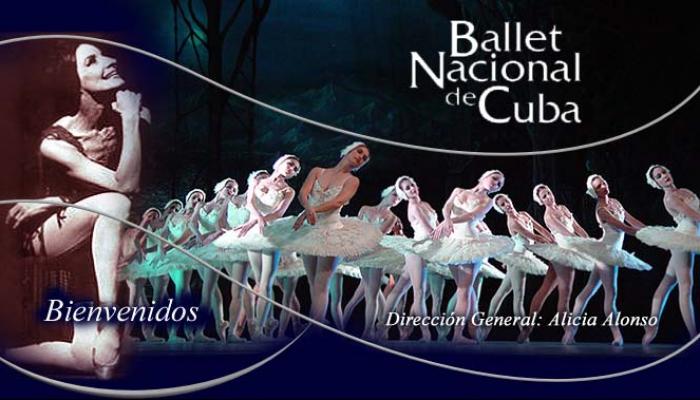Havana, August 20 (RHC) -- The Cuban National Ballet Company will restage Tierra y Luna (Earth and Moon) by Spain’s María Rovira in late August and early September.
The choreographer staged the piece for the Cuban ensemble in 1998, shortly after having been awarded with the National Dance Award by the Generalitat de Cataluña – Catalonia’s Autonomous Government.
Rovira has a long history of collaborations with the Cuban caompany and with Acosta Danza, directed by renowned Cuban dancer Carlos Acosta, who recently chose her to choreograph for a movie inspired by his life which will be shortly premiered at the San Sebastian International Film Festival in Spain.
In addition to Tierra y Luna, based on Federico García Lorca’s poetic work and with a score by Cuban musician X Alfonso, the Cuban National Ballet will perform The Magic Flute, a comedy-ballet piece choreographed by ensemble director, ballet legend Alicia Alonso, after Russian choreographer Lev Ivanov. The shows are scheduled to run August 31st, September 1- 2 and 7- 9.
The two pieces will be part of the galas of Havana’s 26th International Ballet Festival from October 28th through November 6th.
The festival is celebrating the 70th anniversary of the Cuban company, which has been declared by the Cuban government this year as a Cultural Heritage Asset of the Nation.
Though Lev Ivanov’s most important pieces are the Nutcracker in 1892 and Swan Lake’s Act I and IV in 1895, he created the Magic Flute in the middle of the two works which he premiered in Saint Petersburg in 1893.
The first seasons of the ballet in Russia had luxury dancers, such as Mikhail Fokin, Agrippina Vaganova, Olga Preobrajenska, Enrico Cecchetti and Anna Pavlova, among other historical personalities.
Pavlova premiered Lev Ivanov’s the Magic Flute on February 13th, 1917, at the National Theater, today known as Havana’s Grand Theater Alicia Alonso, during her company’s second tour of the Caribbean nation.
The argument has nothing to do with Wolfgang Amadeus Mozart’s opera; however, it deals with a musical instrument –a magic flute- which played by the right person or the chosen one puts everybody to dance. The Cuban version by Alonso has a score by Riccardo Drigo.


